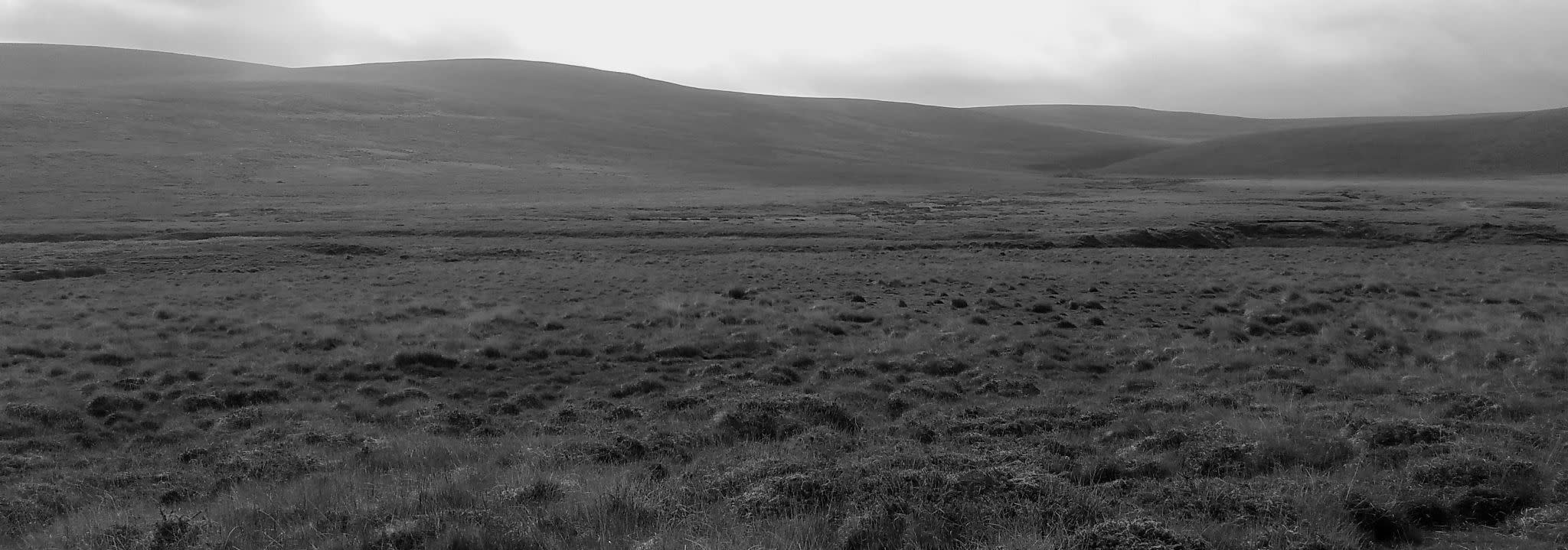Currently, the titles of ‘counsellor,’ ‘psychotherapist,’ and ‘psychologist’ are not legally protected, meaning there are no formal regulations governing the required training or qualifications for these roles. This lack of standardisation makes it essential to check a therapist’s professional registration with their accrediting body.
I am a registered member (392218) of the British Association for Counselling and Psychotherapy (BACP). This membership signifies that I meet their rigorous standards, which include specific requirements for training, supervision, ongoing professional development, and a commitment to their Ethical Framework for the Counselling Professions.
The BACP also provides confidential support and guidance for clients with concerns about their therapy or therapist. They are the appropriate resource if a client wishes to raise a complaint or seek further information.
In addition to my BACP membership, I hold professional indemnity insurance and am registered with the Information Commissioner’s Office (ICO) to ensure the highest standards of data protection and client confidentiality.

